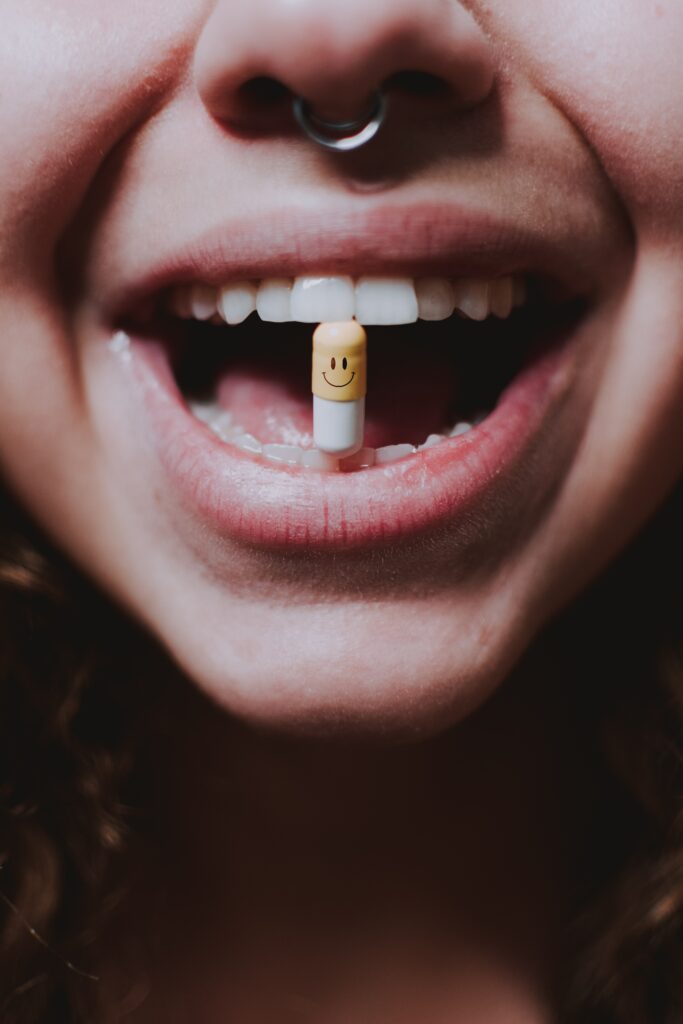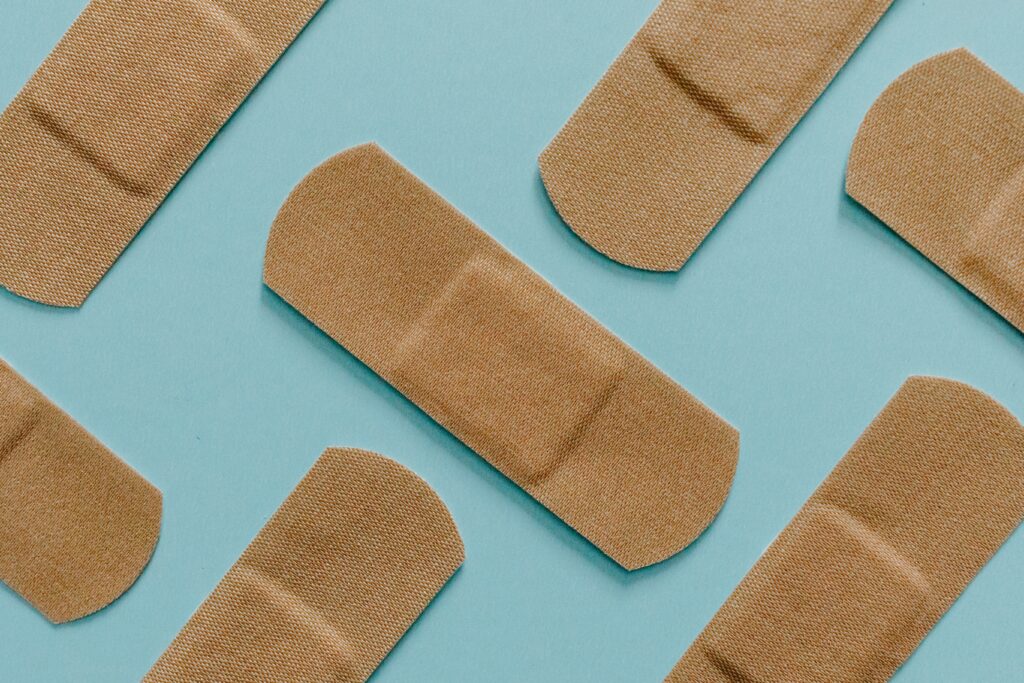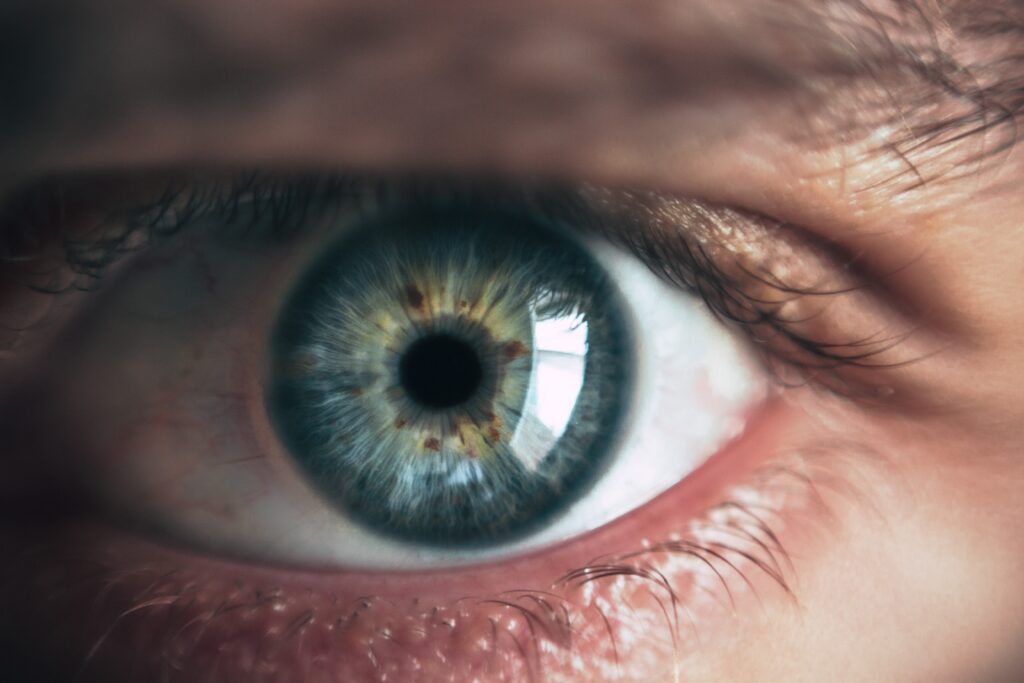5 Secret Signs of Hidden Depression

Depression can come in many forms, including wild hair colors, daydreaming, and compulsively buying random things online. It can even affect anyone-even a person who appears to live in relatively ideal circumstances (American Psychiatric Organization, 2020).
Do you suddenly feel disconnected from your friend group? Are your previous hobbies and interests no longer bringing up the jolly spark it used to? Before clicking this article, did the thought of you possibly having depression repetitively run through your mind?
Some symptoms of depression are more unusual than others. In today’s article, we will be taking a look at 5 secret signs of hidden depression. If these look or feel familiar to your own habits or those of someone you know, please extend help by lending an ear and seeking professional help upon their request.
Disclaimer: This is a friendly disclaimer that this article/video is for informative purposes only. It is not intended to diagnose or treat any condition. Please reach out to a qualified healthcare provider or mental health professional if you are struggling.
1. You have addictive behaviors.

Are you the type of person who obsessively changes their hair color? Do you often binge-watch shows? When stressed, do you immediately reach for food to comfort yourself? If at any point you say yes, then it may be possible that you are exhibiting addictive behavior to alleviate depression.
According to Heather Silvestri, Ph.D., addictive behavior is associated with a person’s need for rewarding stimuli. It is referred to as addicting because these activities are wired to be repetitive. The rewarding feeling a person gets from these stimuli is often short-lived. Thus, people tend to repeat the addictive practice just to feel rewarded again.
It could also be a coping mechanism. A lot of depressed individuals find refuge in hair dyeing as this gives them a sense of ‘change’ and encourages them to win over the mental illness. It bathes them with the refreshing feeling of starting a new and being given a new chance.
However, as with any other addictive practice, this may not be sufficient enough for recovery. You may try to ask some questions for self-reflection to evaluate where you are mentally and emotionally: Are you struggling with a personal problem? Is this making you resort to addictive behaviors? How do you feel? Do you need someone to talk to?
It is important to reach out to your close friends and loved ones for help if you feel like you are facing this problem. A visit to a medical professional is also recommended for diagnosis and recovery.
2. You daydream. A lot.

When everything seems dull and lifeless, people will seek an escape. Ideally, this escape is a place or person of comfort, and must not remind you of your current reality or dilemma.
In other words, this ‘escape’ is often a fragment of imagination.
Have you ever had an imaginary friend? Do you often talk to yourself in front of the mirror and make up scenarios that you could only wish were real? Are you often lost in daydreaming and no longer want to do anything else? Maladaptive daydreaming may cause a series of detrimental effects on cognition that may lead to depression.
Daydreaming is a phenomenon that occurs for about 30% to 50% of a person’s mental activity when the brain is fully relaxed. This is usually harmless, however, for some cases, several studies have proven the existence of a direct relationship between daydreaming and depression (Golding and Singer, 1983). This may also be symptoms of other disorders like ADD and ADHD. A qualified healthcare provider will be able to provide a proper diagnosis regarding these disorders.
As you may have noticed, you become inactive when you start daydreaming. When this inactivity progresses to something that is hard to snap out of, then you may be experiencing something enrooted to depression and are using daydreaming as an escape.
Eventually, the long hours of inactivity due to frequent maladaptive daydreaming may lead to a series of self-sabotaging activities. This includes lying in bed all day, skipping meals, and not having the energy to do simple chores like taking a bath or cleaning your room.
For the most part, daydreaming is fine as an act of relaxation. However, if it comes to a point where it negatively influences your lifestyle, then you may want to venture to another form of coping mechanism that doesn’t involve stagnancy.
3. You always hurt yourself by accident.

Are you often banging into walls and tripping over random objects? Does your body have little scars or marks from events you don’t remember experiencing? Do you classify yourself as an inattentive person?
Clumsiness is sometimes a symptom of depression. The brain undergoes cognitive changes such as decreased concentration, forgetfulness, and distractibility. This may cause you to be unaware of your surroundings and therefore cause harm to your body from absentminded movement.
For depressed individuals, maintaining a constant stream of self-awareness may be unattainable. Research says there’s a neurobiological reason for this—and it has to do with the brain structure known as the frontal lobes, the area involved with problem-solving, judgment, and reasoning. Depression has long been associated with dysfunction of the frontal lobes, so it’s not a surprise that people with depression find it hard to take care of themselves (Serani, 2017).
Clumsiness is not always an indicator of something serious. For some healthy people, it can be a minor issue. But if you start experiencing slurred speech, muscle weakness, or continuous inattentiveness that causes major physical injuries, then it’s likely time for you to consult a medical professional.
4. You use shopping as a coping mechanism.
Do you often make impulse purchases, and overspend on things that you have absolutely no need for? Does it usually happen at a time when you’re feeling distraught or down the dumps? If yes, then your daily dose of dopamine must come from retail therapy.
Retail therapy is closely linked to the Self-Esteem Theory. According to William James, a seminal psychologist, self-esteem is not limited to the physical and mental aspects of a person, but also what surrounds it. Hence, whenever a person’s loss deludes their sense of self, they try to replace it with another object or person.
This phenomenon explains why you have a strong urge to overspend during greater losses. In a way, this alleviates your panic, especially when the ‘replacement’ is something expensive, and of ‘greater value’ per se.
This also applies to relationships. If you’re curious why someone you know tries to get over a failed relationship by getting together with someone new almost immediately, then you’ve found a likely answer.
5. You tend to hyper-fixate on anything.

Have you ever noticed that you can’t seem to be interested in something without being crazy over it? This is a sign that you may be experiencing Hyperfixation.
Hyperfixation is often a coping mechanism for anxiety and depression. It may also be a symptom of ADHD. It is characterized by obsession over certain activities without actually having much interest in them. For example, binge-watching a movie or binge-eating the same snack over and over again.
Furthermore, Hyperfixation is a coping mechanism for mental breakdowns. Is there something you don’t want to remember? Why do you want to be kept distracted? If you often find yourself hyper-fixated on something, you may be avoiding a personal problem or dealing with anxiety or depression. A medical professional will be able to provide a thorough diagnosis.
Note: This article should not be used as a self-diagnosis. Having one of these symptoms does not conclude someone as depressed. A diagnosis requires a combination of a few symptoms.
FINAL THOUGHTS
Depression is a serious issue that many people continue to look over. Seeking medical help is important for recovery so please don’t hesitate to do so once you or someone you know are experiencing these symptoms.
REFERENCES:
American Psychiatric Organization. (2020, October). What Is Depression? Psychiatry.Org. https://www.psychiatry.org/patients-families/depression/what-is-depression
Dombeck, M., PhD. (n.d.). Retail Therapy, Sadness and Spending: The Study Behind the Story – Depression Resources, Education About Depression and Unipolar Depression. MentalHelp. Retrieved July 26, 2021, from https://www.mentalhelp.net/blogs/retail-therapy-sadness-and-spending-the-study-behind-the-story/
Filbin, A. (2021, July 26). How Hyperfixation Helps Me Cope With Anxiety and Depression. The Mighty. https://themighty.com/2017/03/hyperfixation-obsessions-anxiety-depression/
Higuera, V. (2019, December 3). What You Need to Know About Clumsiness. Healthline. https://www.healthline.com/health/clumsiness#in-children
Jones, S. (2021, January 27). 10 Unusual Warning Signs of Depression. The Arbors. https://arborsassistedliving.com/10-unusual-warning-signs-of-depression/
Leonard, J. (2019, June 20). Recognizing the hidden signs of depression. Medical News Today. https://www.medicalnewstoday.com/articles/325513#low-sex-drive
Lodi, M. (2020, January 23). How Dyeing My Hair Pink Helps With My Depression. Bustle. https://www.bustle.com/p/how-dyeing-my-hair-pink-helps-with-my-depression-19430662
Marchetti, I., van de Putte, E., & Koster, E. (2014). Self-generated thoughts and depression: from daydreaming to depressive symptoms. PubMed Central (PMC). https://www.ncbi.nlm.nih.gov/pmc/articles/PMC3957030/#B22
Mayo Clinic. (2018, February 3). Depression (major depressive disorder) – Symptoms and causes. https://www.mayoclinic.org/diseases-conditions/depression/symptoms-causes/syc-20356007
Metrus, L. (2020, November 15). This Is Why You Can’t Stop Dyeing Your Hair: Psychologists Explain. Byrdie. https://www.byrdie.com/hair-color-addiction
Serani, D., Psy. D. (2017, February 6). Why Self-Care is Hard for Depressed Individuals. Psychology Today. https://www.psychologytoday.com/intl/blog/two-takes-depression/201702/why-self-care-is-hard-depressed-individuals
Signs and Symptoms Of Major Depression. (2016, June 16). Dr. Clifford Taylor. https://www.cliffordtaylormd.com/the-benefits-of-psychiatric-care/signs-and-symptoms-of-major-depression/
ADDitude Editors. (2021, February 5). “My Earliest Memory of ADHD Hyperfixation Is. . ..” ADDitude. https://www.additudemag.com/hyperfixation-adhd-stories/




Very accurate to a point, there are a lot of different factors. Some people have the complete opposite reactions.
Thank you for your response, Alysa! If you’d like to share – what other factors do you know of from your experience or from observation?